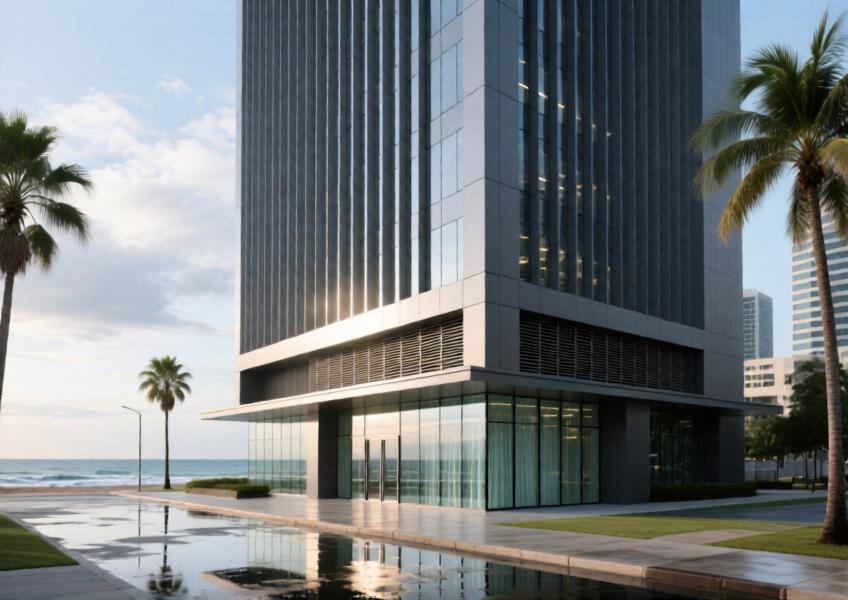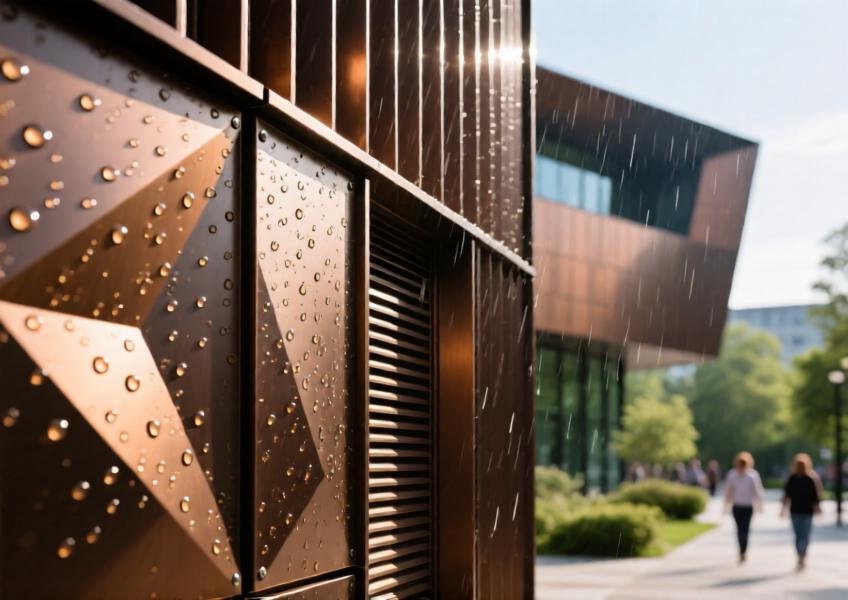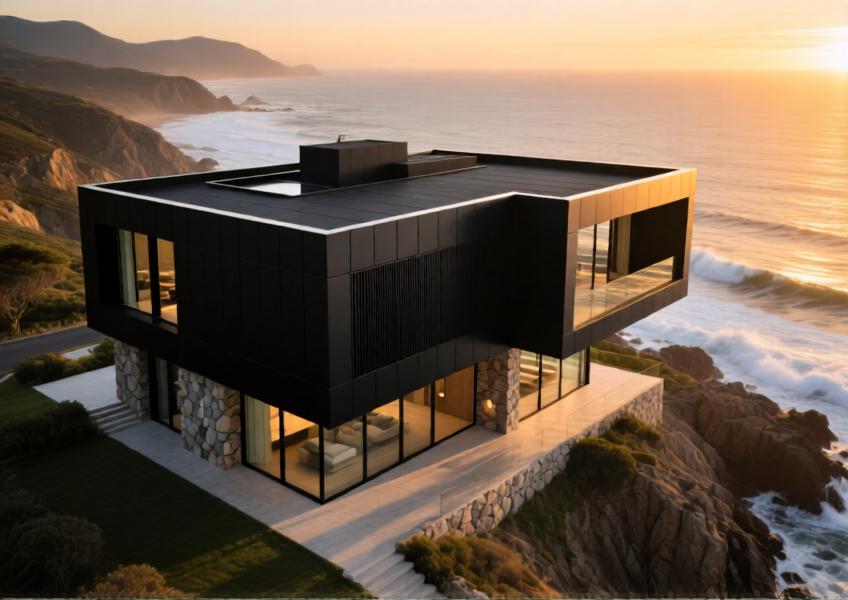

In the evolving world of architectural design, aluminium rainscreen cladding has emerged as a preferred solution for creating modern, durable, and weather-resistant building facades. This innovative system not only enhances the aesthetic appeal of structures but also provides a functional barrier against the elements, making it a smart choice for both commercial and residential buildings.

Aluminium rainscreen cladding operates on a simple yet effective principle: it creates a ventilated cavity between the outer cladding layer and the building’s insulation. This design allows for air circulation, which helps manage moisture and temperature fluctuations, significantly reducing the risk of condensation and thermal stress. As a result, buildings remain more energy-efficient and resistant to weather damage over time.
One of the most compelling advantages of aluminium rainscreen cladding is its adaptability. Architects can choose from a wide array of finishes, colors, and panel designs to achieve a distinctive visual identity. Whether it's a sleek, metallic sheen for a high-rise office tower or a textured surface for a cultural center, the material can be tailored to meet both aesthetic and performance requirements.

Beyond its architectural appeal, this cladding system integrates seamlessly with other aluminium-based components such as curtain walls and ceilings. Aluminium curtain walls, known for their lightweight and robust structural integrity, can be paired with rainscreen systems to create a unified facade that balances transparency and protection. Similarly, aluminium ceilings installed in lobbies or atriums echo the elegance of the exterior, reinforcing a cohesive design language throughout the building.
In terms of durability, aluminium rainscreen cladding excels in harsh climates. Its corrosion-resistant properties ensure long-term performance, even in coastal or industrial environments where exposure to salt, moisture, and pollutants is high. Maintenance is minimal, with occasional cleaning often sufficient to preserve its appearance and function for decades.

Real-world applications highlight its effectiveness. For instance, a recent mixed-use development in a coastal city adopted aluminium rainscreen cladding to combat high humidity and wind-driven rain. The system not only protected the building envelope but also contributed to a striking, contemporary look that became a local landmark.
As sustainability becomes increasingly important in construction, aluminium rainscreen cladding also supports green building certifications. Its recyclability, combined with energy-saving thermal performance, positions it as an environmentally responsible choice for forward-thinking architects and developers.